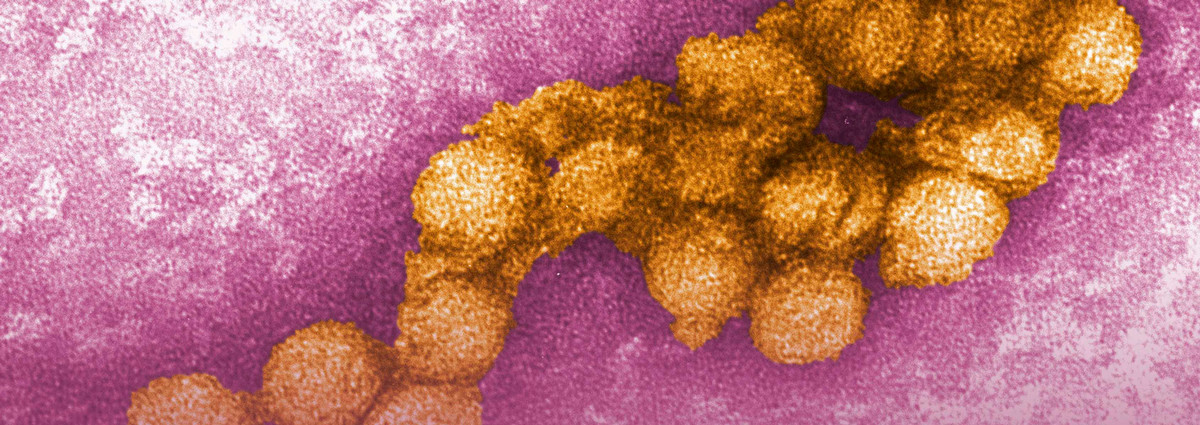
West Nile Virus (WNV)
Updated October 15, 2024
What is West Nile Virus (WNV)?
West Nile Virus is a mosquito-borne virus that has been found in parts of Asia, Eastern Europe, Africa, and the Middle East. The virus was first detected in the United States in 1999 in New York City.
The majority of people and animals that are infected with the virus have a mild illness or no symptoms. In rare cases, the virus can cause a more serious condition called encephalitis, an inflammation of the brain. The elderly are at a higher risk for disease caused by WNV.
For up-to-date surveillance information, visit the California State West Nile Virus.
What are the Symptoms of WNV?
Most people who are infected with WNV have no symptoms. However, of those who become ill, symptoms can include fever, headache, nausea, body aches, mild skin rash, or swollen lymph nodes. In a few cases, the disease will progress to encephalitis (inflammation of the brain) with neck rigidity possibly progressing to loss of consciousness. The time between the mosquito bite and the onset of illness is from 5-15 days. The elderly are particularly susceptible to clinical illness caused by WNV. Currently no vaccine for humans is available.
Reducing Your Risks
The risk of virus transmission is most frequent from May to October when mosquitoes are most abundant (see transmission cycle below). Risk of infection by West Nile Virus can be reduced:
- Eliminate areas where mosquito larvae breed. See our checklist to make sure you haven't missed an opportunity to eliminate mosquito larvae.
- Avoid mosquito bites. See our guidelines for avoiding mosquito bites.
- Apply mosquito insecticide in areas where stagnate water cannot be drained or removed. Steps that minimize risks to the environment can be followed using EPA guidelines.
UC Irvine Mosquito Control Task Force
The following measures have been implemented:
- Eliminate mosquito-breeding sites on campus.
- Provide a checklist for building managers and others to use to identify and clean up breeding sites such as used tires, empty drums, and poor drainage, including plugged gutters and down spouts.
- Coordinate communication with public health agencies and the University community.
- Licensed Individuals are responsible for the application of larvicides to storm drains, etc. for larval mosquito control.
Reporting Standing Water or Dead Birds
| Report Standing Water | Report Dead Birds |
|---|---|
| Contact UCI Facilities Management: 949-824-5444 |
Contact UCI Facilities Management: 949-824-5444 |
| Contact UCI Environmental Health & Safety: 949-824-6200 safety@uci.edu |
|
| Contact WNV Dead Bird Hotline: 877-WNV-BIRD (877-968-2473) |
Contact Us
UC Irvine
UCI Facilities Management
949-824-5444
fm-servicedesk@uci.edu
Report dead birds and standing water on campus.
UCI EHS
949-824-6200
safety@uci.edu
Local (Orange County)
Orange County Vector Control
714-971-2421 Ext. 117
wnv@ocvcd.org
ocvector.org
State (California)
West Nile Virus Hotline
877-WNV-BIRD (877-968-2473)